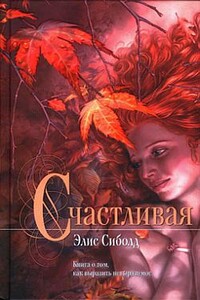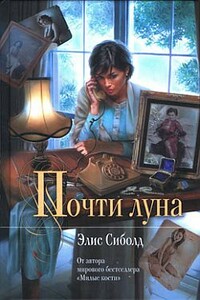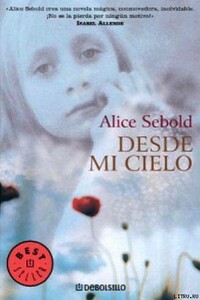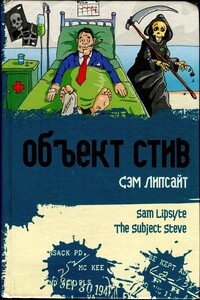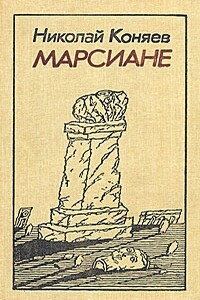Mr. Harvey knocked on the door of the small white house and a woman came to answer it. The scent of rosemary and lamb filled my heaven and hit Mr. Harvey’s nose as it trailed out from the back of the house. He could see a man in the kitchen.
“Good evening, sir,” Mrs. Flanagan said. “Got an item?”
“Back of my wagon,” Mr. Harvey said. He was ready with a twenty-dollar bill.
“What you got in there, a dead body?” she joked.
It was the last thing on her mind. She lived in a warm if small house. She had a husband who was always home to fix things and to be sweet on her because he never had to work, and she had a son who was still young enough to think his mother was the only thing in the world.
Mr. Harvey smiled, and, as I watched his smile break across his face, I would not look away.
“Old safe of my father’s, finally got it out here,” he said. “Been meaning to do it for years. No one remembers the combination.”
“Anything in it?” she asked.
“Stale air.”
“Back her up then. You need any help?”
“That would be lovely,” he said.
The Flanagans never suspected for a moment that the girl they read about in the papers over the next few years – MISSING, FOUL PLAY SUSPECTED; ELBOW FOUND BY NEIGHBORING DOG; GIRL, 14, BELIEVED KILLED IN STOLFUZ CORNFIELD; WARNINGS TO OTHER YOUNG WOMEN; TOWNSHIP TO REZONE ADJOINING LOTS TO HIGH SCHOOL; LINDSEY SALMON, SISTER OF DEAD GIRL, GIVES VALEDICTORIAN SPEECH – could have been in the gray metal safe that a lonely man brought over one night and paid them twenty dollars to sink.
On the way back to the wagon Mr. Harvey put his hands in his pockets. There was my silver charm bracelet. He couldn’t remember taking it off my wrist. Had no memory of thrusting it into the pocket of his clean pants. He fingered it, the fleshy pad of his index finger finding the smooth gold metal of the Pennsylvania keystone, the back of the ballet slipper, the tiny hole of the minuscule thimble, and the spokes of the bicycle with wheels that worked. Down Route 202, he pulled over on the shoulder, ate a liverwurst sandwich he’d prepared earlier that day, then drove to an industrial park they were building south of Downingtown. No one was on the construction lot. In those days there was no security in the suburbs. He parked his car near a Port-o-John. His excuse was prepared in the unlikely event that he needed one.
It was this part of the aftermath that I thought of when I thought of Mr. Harvey – how he wandered the muddy excavations and got lost among the dormant bulldozers, their monstrous bulk frightening in the dark. The sky of the earth was dark blue on the night following my death, and out in this open area Mr. Harvey could see for miles. I chose to stand with him, to see those miles ahead as he saw them. I wanted to go where he would go. The snow had stopped. There was wind. He walked into what his builder’s instincts told him would soon be a false pond, and he stood there and fingered the charms one last time. He liked the Pennsylvania keystone, which my father had had engraved with my initials – my favorite was the tiny bike – and he pulled it off and placed it in his pocket. He threw the bracelet, with its remaining charms, into the soon-to-be man-made lake.
Two days before Christmas, I watched Mr. Harvey read a book on the Dogon and Bambara of Mali. I saw the bright spark of an idea when he was reading of the cloth and ropes they used to build shelters. He decided he wanted to build again, to experiment as he had with the hole, and he settled on a ceremonial tent like the ones described in his reading. He would gather the simple materials and raise it in a few hours in his backyard.
After smashing all the ships in bottles, my father found him there.
It was cold out, but Mr. Harvey wore only a thin cotton shirt. He had turned thirty-six that year and was experimenting with hard contacts. They made his eyes perpetually bloodshot, and many people, my father among them, believed he had taken to drink.
“What’s this?” my father asked.
Despite the Salmon men’s heart disease, my father was hardy. He was a bigger man than Mr. Harvey, so when he walked around the front of the green shingled house and into the backyard, where he saw Harvey erecting things that looked like goalposts, he seemed bluff and able. He was buzzing from having seen me in the shattered glass. I watched him cut through the lawn, ambling as school kids did on their way toward the high school. He stopped just short of brushing Mr. Harvey’s elderberry hedge with his palm.

